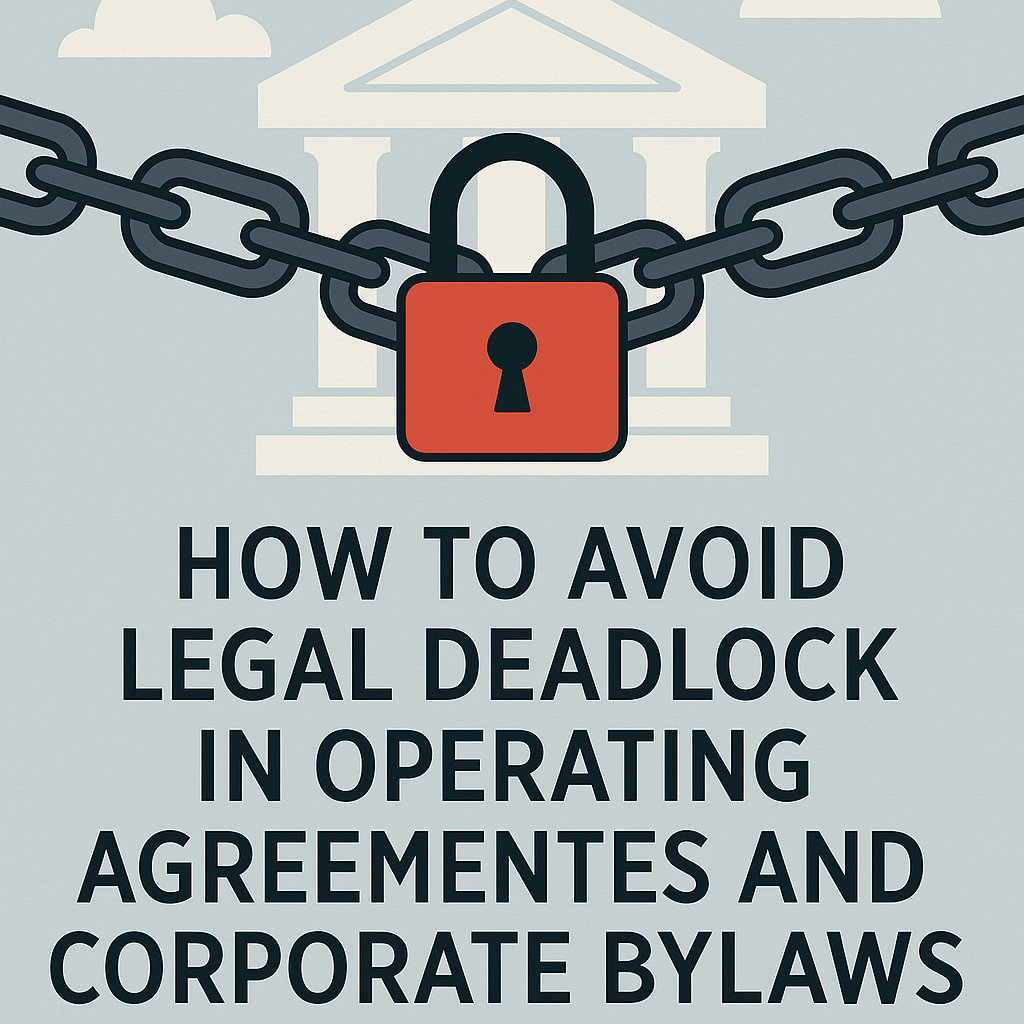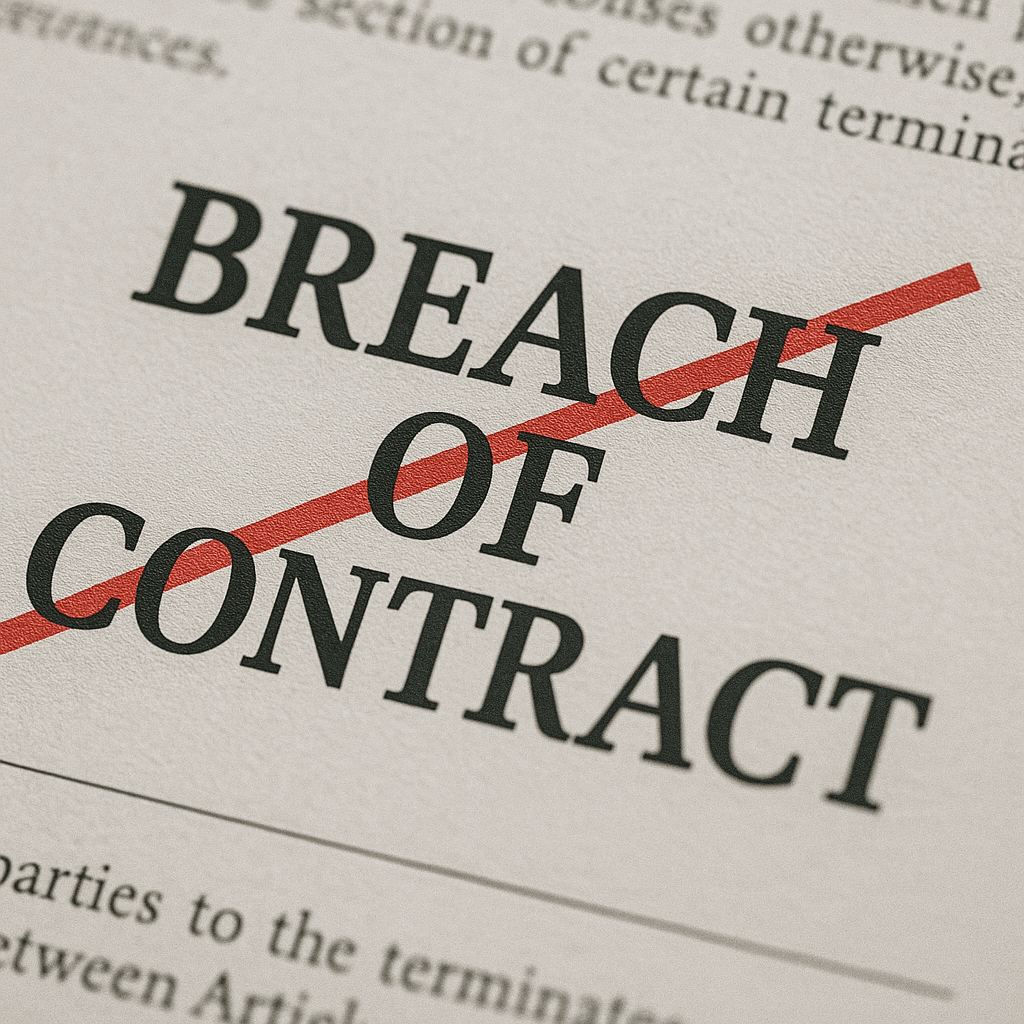What Are Possible Defenses in Sexual Harassment Litigation?
Background
Sexual harassment is a critical legal issue that can affect any workplace and lead to expensive litigation. It can affect every employee, and negatively impact operations, business morale, social goodwill, etc. However, businesses in New York facing a sexual harassment lawsuit have several possible defenses.
Table of Contents
Lack of Knowledge
One defense to sexual harassment claims is that the employer was not aware of the harassment. If the employer can prove they were genuinely unaware of the misconduct, this can be a valid defense.
Prompt & Appropriate Action
Another defense is demonstrating that the employer took prompt and appropriate action to stop the harassment once it was reported. This shows that the employer was proactive in addressing the issue.
Faragher/Ellerth Defense
The Faragher/Ellerth Defense applies when the harassment did not result in a tangible employment action, such as a firing or demotion. The employer must prove that they exercised reasonable care to prevent and correct any sexually harassing behavior and that the employee unreasonably failed to take advantage of the preventive or corrective opportunities provided by the employer.
Was it Sexual Harrassment?
The employer might argue that the behavior does not meet the legal definition of harassment. For example, isolated incidents of teasing or a single request for a date do not typically constitute sexual harassment.
Claim is Time-Barred
Sexual harassment claims must be filed within specific time limits. If a claim is not filed within these deadlines, the employer can use this as a defense.
Defending against a sexual harassment claim requires a thorough understanding of both the law and the specifics of the case.
It is crucial for businesses to have a clear sexual harassment policy and to address all complaints seriously. Prevention is the best defense and ensuring a harassment-free workplace is the most effective way to protect your business.







.png?content-type=image%2Fpng)